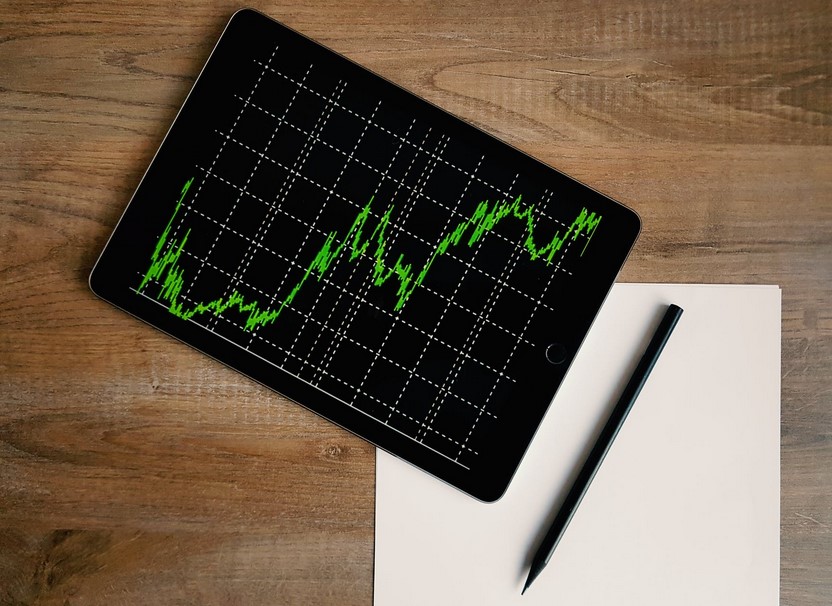For some people, it’s the excitement of ever-changing situations. For others, it’s the prospect of earning some quick cash. And now it could be about using the coronavirus pandemic as the time to rethink your career. You wouldn’t leap into any other new profession without knowing your stuff, however. And trading is certainly no different – especially with the risks involved.
Here are four simple, yet essential steps to help you start building a career in trading:
Plan it like you’re running a business
It’s a good idea to treat trading like operating your own business. And, like any business, your path to success will feature potential stumbling blocks like costs and losses. Each business has a plan when it starts out too – and your trading plan should be your guide to how and when to buy or sell. That will give you much greater control over your finances.
If you treat trading as if it’s a hobby instead, it can be easy to lose focus and let that discipline slide. Treat it like your own business and you’ll be much more aware of what’s at stake.
Do your research and use technology
Think like a business owner as you start out as a trader and it brings with it the commitment to getting better. By increasing and improving your knowledge, you’ll stand a much better chance of being successful. And, thankfully, there are a load of resources available to you – specialised websites, ebooks, webinars and even the experience of people in a similar position.
Technology is making it even easier to access these resources, as well as to get started trading in the first place. Find apps that allow you to get updates and make your trades on-the-go.
Pick the markets you’re comfortable with
By doing your research, you should be able to get a clearer idea of the markets or instruments that you’ll be comfortable trading. The global forex market offers many opportunities, even for new traders who are only just starting out. But there are other markets to choose too, such as commodities like crude oil or stock indices including the FTSE 100 and German DAX 30.
Using your research and learning how the markets operate on a daily or weekly basis can help you get more comfortable. And, sometimes, the most popular ones are the best to start with.
Don’t chase losses – and know when to stop
Again, this one ties in nicely with the point about treating your trading activities as if you’re in business. But – quite simply – don’t spend more than you can afford to. It’s also not advisable to risk more than you have to lose. While the claim ‘speculate to accumulate’ does have value in trading, that doesn’t mean you should do so at the expense of your financial security.
It sometimes means making hard decisions too. One of the things that comes with experience is knowing when to cut your losses or when to make your exit when things aren’t going well.
Of course, trading is a broad – and sometimes complicated – church. But the right preparation and learnings will give you a strong foundation on which to make a success of your new career change. With time comes experience – and opportunities to generate even bigger returns. But remember that, like many other things in life, walk before you can run.
Related Posts












